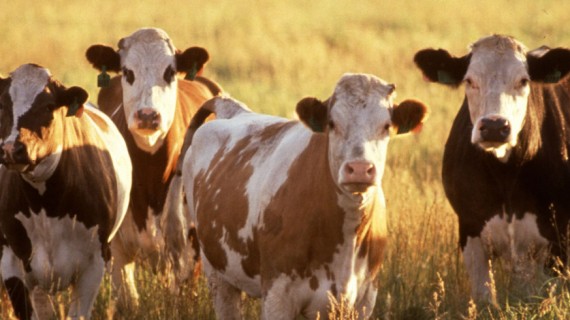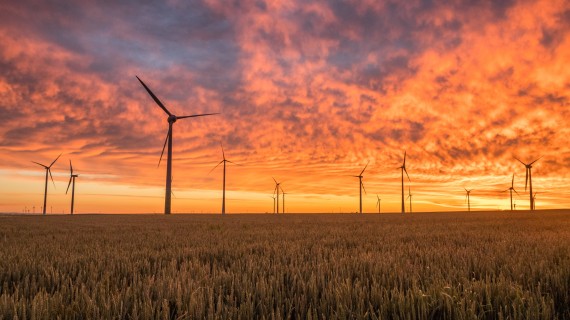Recycling, turning off the lights or choosing to move by bike are just some of the many actions that we can do in our everyday life in order to save our planet. Here are the main habits everyone should have to preserve the environment.
Every simple daily actions can make a big difference. These are 10 green actions we can do to make our lives greener.
1. Stop buying plastic bottles
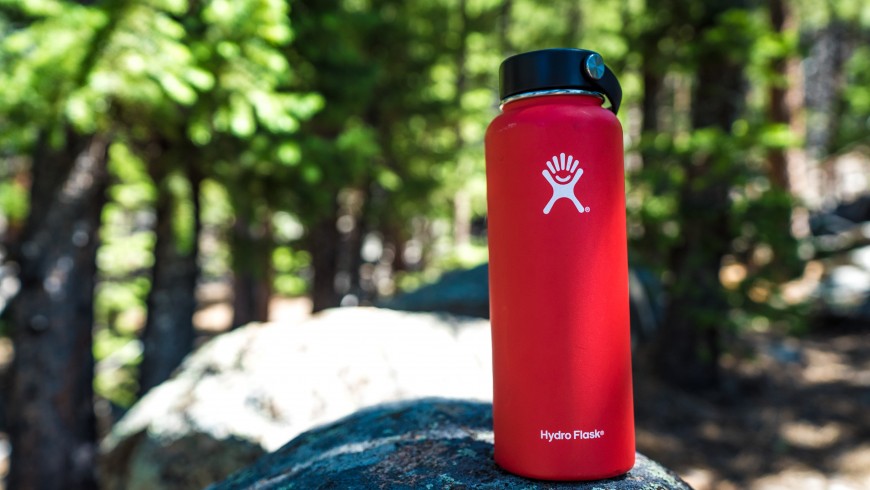
Plastic waste is one of the main causes of pollution. Only 9% of the amount of plastic bottles we use can be recycled. The part we cannot recycle is dumped into landfills or, in the worst case, into the sea.
According to some experts, by 2050 we’ll find in our sea more plastic waste than fishes. A sustainable idea would be to use a water bottle when you travel, to choose tap water (which can be purified through special filters) or to prefer drinking water using glass bottles rather than the plastic ones.
2. Recycling: a good eco-friendly habit
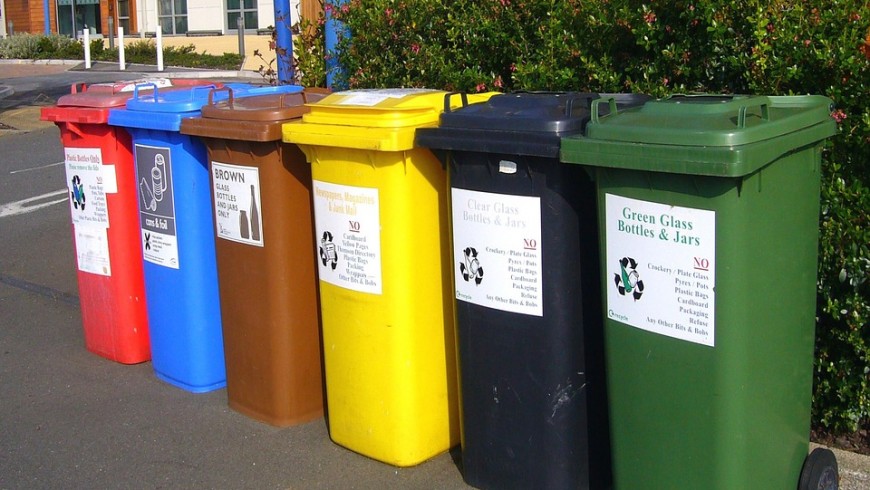
It could seem a little bit trivial, but recycling both at home and while travelling is an essential habit for the environment. The majority of cities have already started a recycling program; if the place you’re in hasn’t started it yet, then it’s your turn! And don’t forget to let children know about recycling. According to Legambiente, by recycling half of the waste we produce, we can reduce the level of CO2 and we can also reduce pollution.
3. Plant a tree
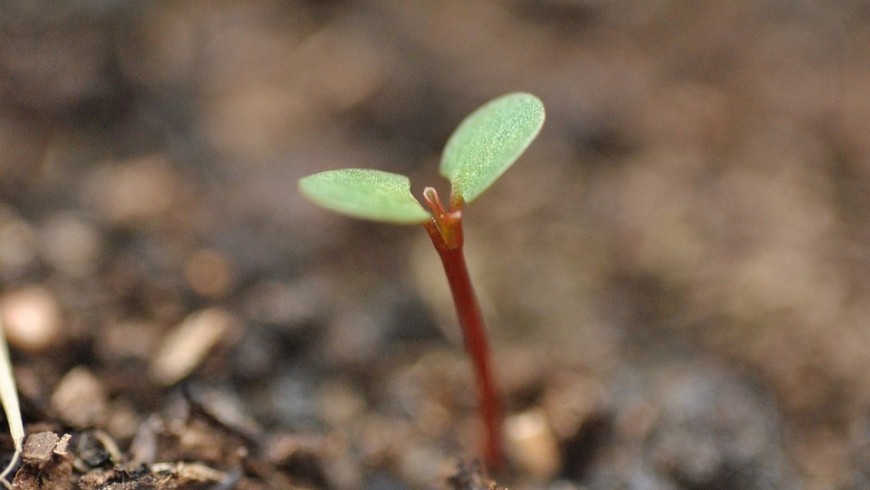
The best way to reduce air pollution is to plant a tree in your garden. Trees absorb carbon dioxide and produce oxygen, making the air around us better. The more trees we have, the better we can live.
4. Save water, one of the most essential habits
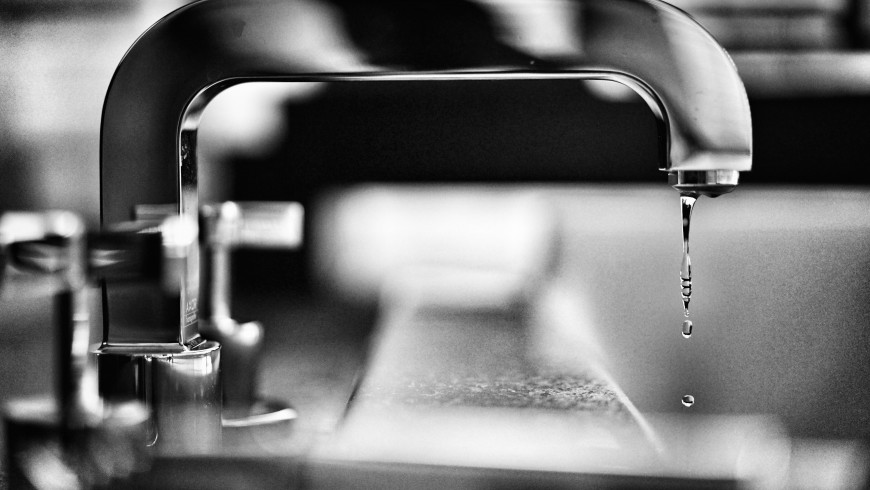
Water is really precious as it is not an unlimited source; however, thanks to modern technology, we can filter and reuse it. With more sustainable habits, such as shorter showers and closing the taps when we brush our teeth, we can reduce its waste. Another solution could be to install an air mixer in order to reduce the flow and save up 50% of water.
5. Save Eletricity
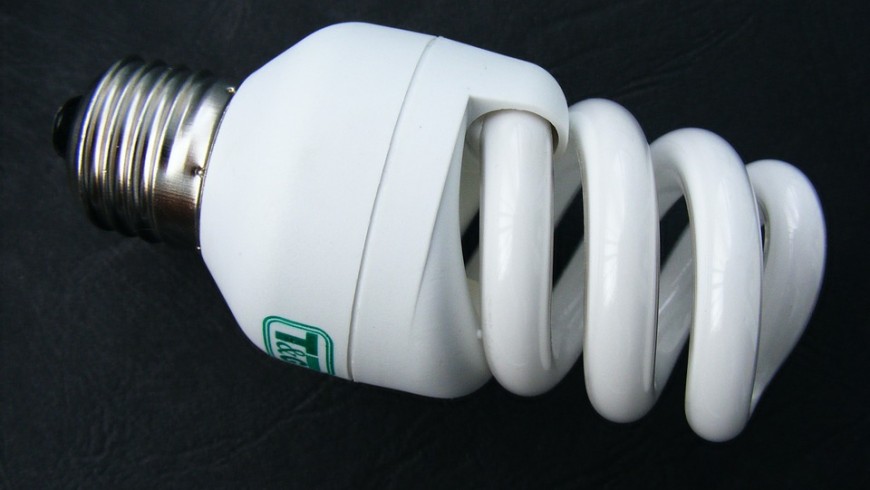
LED bulbs use 90% less energy than incandescent ones, so why don’t we start using them? LED bulbs use 90% less energy than incandescent ones, so why don’t we start using them? You will also save some money as your bills will be reduced. A further point is to remember to turn off the lights at home or at your eco-friendly chalet and also to turn off technological devices when you’re not using them. All these habits will improve our life.
6. Make DIY projects part of your habits
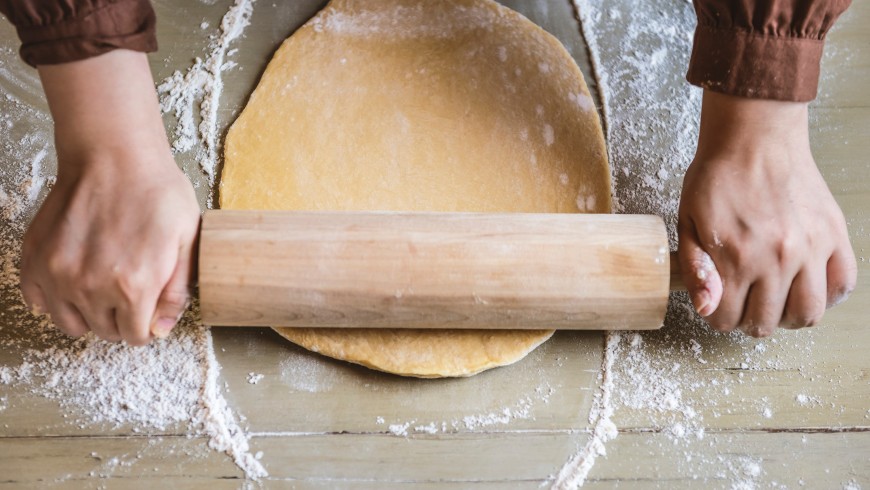
Homemade food, natural soaps, jams, body creams or herbal teas. Homemade production is one of the fundamental choices to save money and live in a more sustainable way. Just think about how you can avoid CO2 emissions by choosing self-made production: not only will you avoid driving to the supermarket to look for what instead you can self-produce, but you will also avoid the pollution caused by the packaging and the transport of products (which often come from far away). Sometimes, few ingredients are enough to produce at home what we need. An example? You can make ecological detergents by using lemon, vinegar or orange peels.
7. Let’s move in a sustainable way
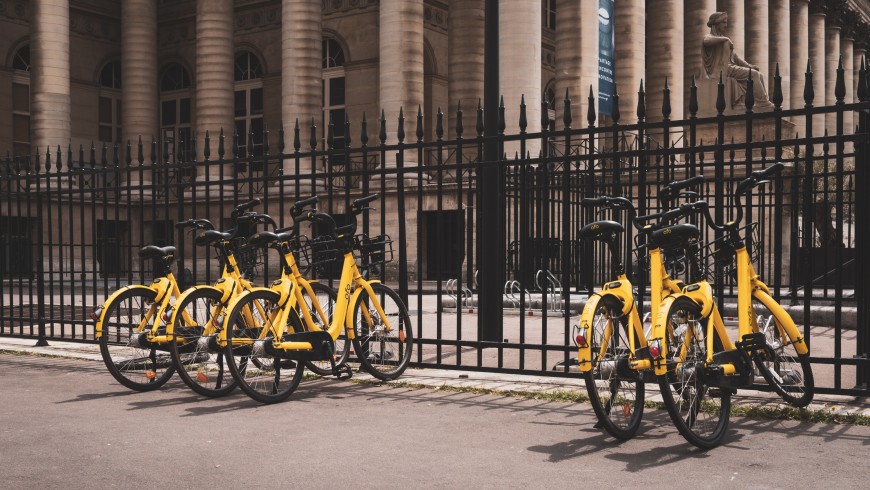
In order to reduce your carbon footprint, choose to move by train rather than by car, avoid cruises and if possible, move by bike. Remember to use public transports to avoid air pollution. When you don’t have the chance, you could always use the carpooling! Not only will you drive in a greener way, but also in a more enjoyable one.
8. Beware of what you buy
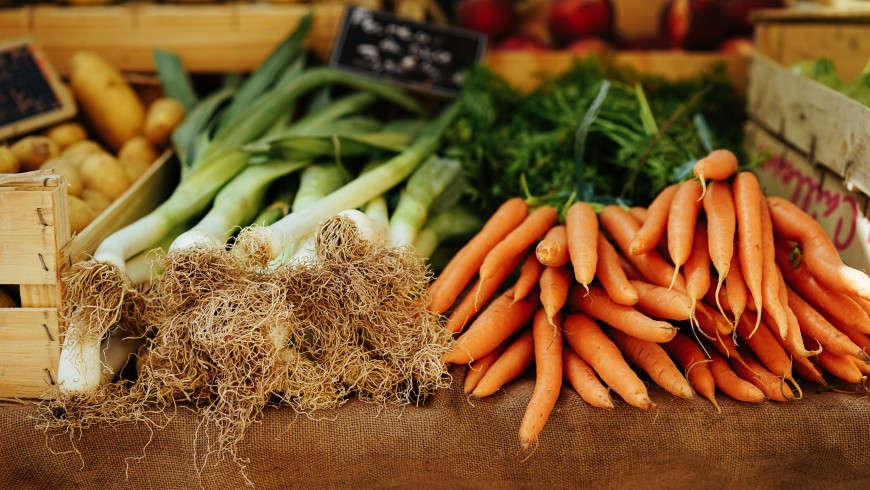
In Western countries, about 670 million tons of food is dumped away every year. That’s over 100 pounds per capita. We must, therefore, learn how to shop, choosing the quantities of food we actually, without being influenced by offers. Not filling too much the refrigerator is a wise idea: a full fridge consumes much more. Furthermore, it is important to buy organic products, in order to support the local economy and the short supply chain. This also reduces CO2 emissions. And if you’re lucky enough to have a farmer’s market near your home, choose it rather than the supermarket!
9. Use second-hand objects as part of your habits
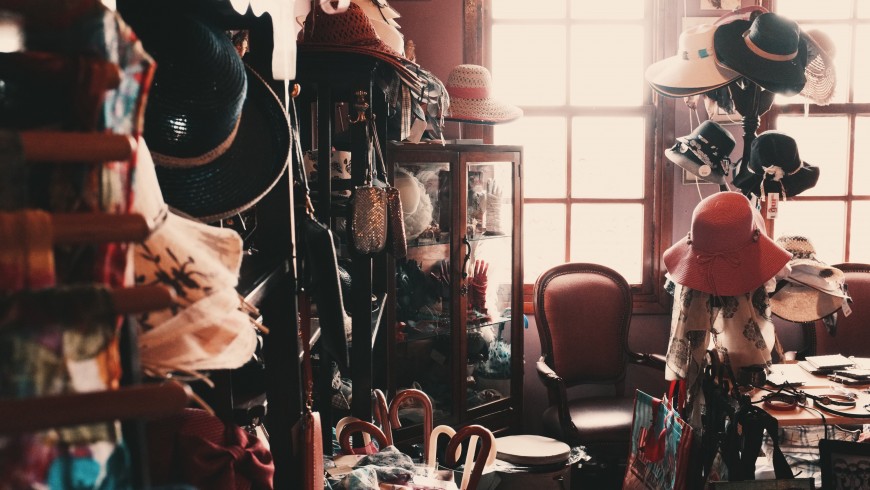
A mobile phone, a vintage dress, an old bicycle… everything has a second life. We live in a consumer society: we immediately tend to throw away what’s broken and then immediately buy a new product. But what if instead of throwing it away, we fix it and we give it a second life? Fruit and vegetable waste, for instance, can become fertilizers for plants.
9. Try reusable nappies, a better habit for your children
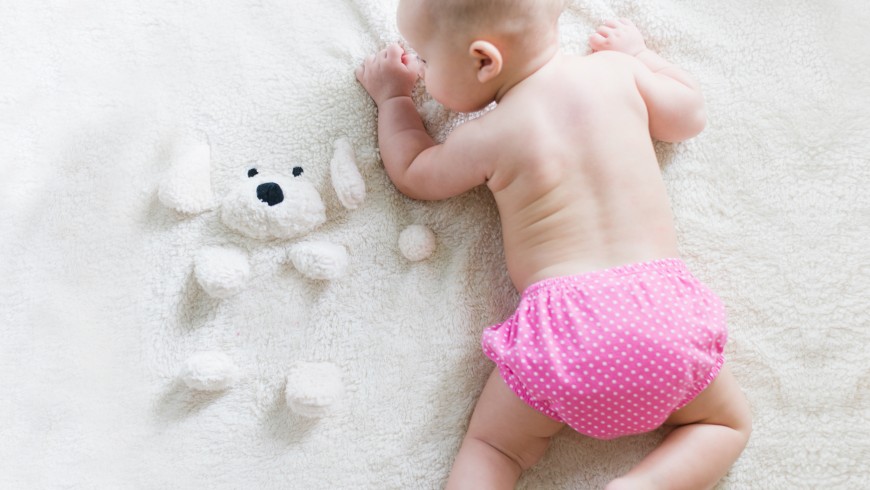
Did you know that disposable diapers produce 15% of the non-recyclable waste? Not only are they expensive for families (we calculate about 1,500 euros for each child), but they also damage the environment and irritate the skin. For this reason, the right solution is reusable nappies which are ecological.
The last task is to apply these 10 simple green habits and share our new lifestyle with friends and family for a more sustainable world!


